Premium Only Content
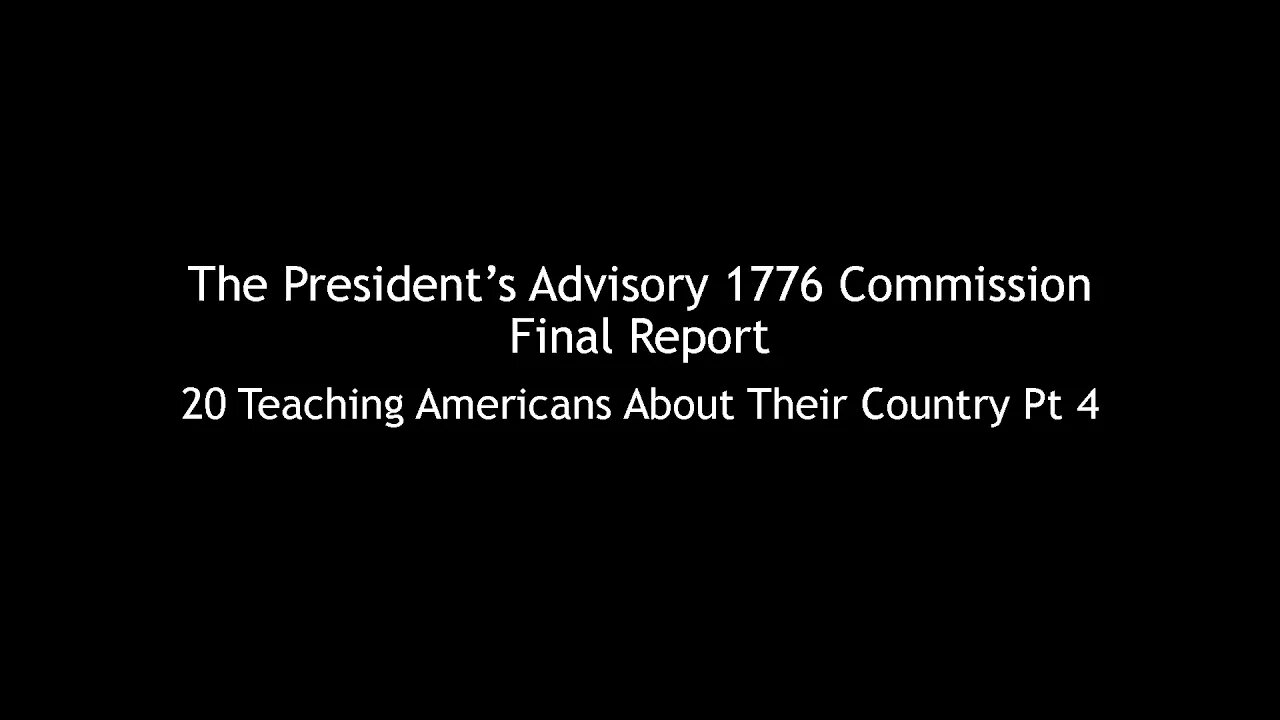
The President's Advisory 1776 Commission Final Report 20 Teaching Americans About Their Country 4/4
The President’s Advisory #1776Commission Final Report 20 Teaching Americans About Their Country 4/4 * PITD Using the Declaration of Independence, the Constitution, and the Federalist Papers, the following are a few examples of prompts teachers can use to encourage civics discussion amongst students:
• What does human equality mean in the statement that “all men are created equal"? Equal in what respects? What view of human nature does this presuppose? Does the Declaration intend to include African Americans, as Abraham Lincoln, Frederick Douglass, and Martin Luther King, Jr., all insisted?
• What does the Declaration mean by asserting that all persons possess rights that are not “alienable”? Who or what, precisely, can alienate our rights? Are all rights deemed inalienable, or only some? And if the latter, why are they different?
• Why did the founding generation consider government’s powers to be "just" only when government is instituted by the consent of the governed? Is justice for the founders based on nothing more than consent? What considerations might be more authoritative than consent?
**
• Why did the founders opt for representative democracy over the "pure" version of democracy practiced in ancient Athens? How do the two kinds of democracy differ? What did the Federalist assert was the inadequacy of ancient democracy?
• How does the Constitution seek to reconcile democracy, which means rule by the majority, with the rights of minorities? Stated differently, how does the Constitution do justice both to the equality of all and to the liberty of each? What exactly is the difference between a democracy and republic?
• Students should read the best-known speeches and writings of progressive presidents Woodrow Wilson, Theodore Roosevelt, and Franklin Roosevelt on economic democracy. In what ways do they differ from the principles and structure of the Constitution? Would the Constitution need to be significantly amended to fit their proposals? Apart from amendments, in what other ways has progressivism changed our constitutional system?
• Implicit in these questions are other basic documents and major speeches that every American citizen should study. The questions concerning the meaning of human equality, inalienable rights, popular consent, and the right of revolution call for a fresh examination—in the light of the Declaration—of such key works as Frederick Douglass’s speech on “The Meaning of the Fourth of July to the Negro” and Chief Justice Taney’s infamous opinion for the Supreme Court majority in Dred Scott v. Sandford (holding that African-Americans "had no rights which the white man was bound to respect"). Douglass’s and Lincoln’s scathing criticisms of Taney’s pro-slavery opinion should be taught with these as well.
**
Among the virtues to be cultivated in the American republic, the founders knew that a free people must have a knowledge of the principles and practices of liberty, and an appreciation of their origins and challenges.
While this country has its imperfections, just like any other country, in the annals of history the United States has achieved the greatest degree of personal freedom, security, and prosperity for the greatest proportion of its own people and for others around the world. These results are the good fruit of the ideas the founding generation expressed as true for all people at all times and places.
An authentic civics education will help rebuild our common bonds, our mutual friendship, and our civic devotion. But we cannot love what we do not know.
This is why #CivicsEducation, education relating to the citizen, must begin with knowledge, which is, as George Washington reminds us, “the surest basis of public happiness.”
**
#1776Project
The-Presidents-Advisory-1776-Commission-Final-Report.pdf (archives.gov) https://trumpwhitehouse.archives.gov/wp-content/uploads/2021/01/The-Presidents-Advisory-1776-Commission-Final-Report.pdf
**
I am a proud American, blessed father, a staunch 2A activist and a Marine Corps Veteran that just happens to be 100% blind. This is a look at the Second Amendment, firearms, self Defense, Constitutionally protected rights, Liberty and Freedom from the perspective of a Visually Impaired, Blind American.
#PatriotInTheDark
PatriotInTheDark@gmail.com
-
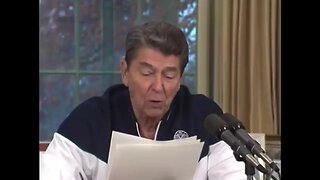 5:09
5:09
Patriot In The Dark
1 year agoA Grateful Nation 🦃 Historic Thanksgiving Day Radio Address — Ronald Reagan 1988 * PITD
158 -
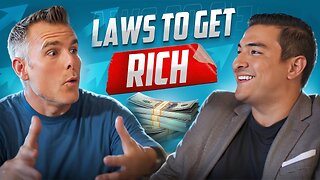 1:42:12
1:42:12
Omar Elattar
9 months agoDAN MARTELL: From 17-Year-Old In Jail To $100 Million Business Investor!
233 -
 LIVE
LIVE
Lofi Girl
2 years agoSynthwave Radio 🌌 - beats to chill/game to
218 watching -
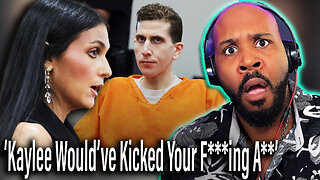 11:00
11:00
The Pascal Show
9 hours ago'SHE WOULD'VE KICKED YOUR F***ING A**!' Kaylee Goncalves Sister Victim Statement To Bryan Kohberger
2.46K1 -
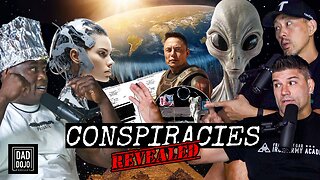 1:07:47
1:07:47
Dad Dojo Podcast
12 hours ago $0.02 earnedEP40: Conspiracies Revealed
40 -
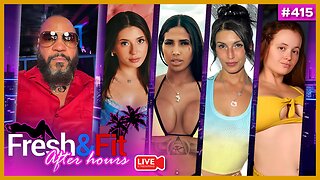 2:10:55
2:10:55
FreshandFit
9 hours agoAndrew Branca And Donovan Sharpe COOK Some Dumb Hoes!
175K86 -
 22:26
22:26
Liberty Hangout
10 hours agoAnti-Trumper Has Complete Meltdown
15.6K40 -
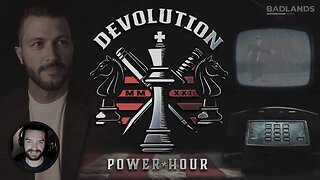 2:21:24
2:21:24
Badlands Media
13 hours agoDevolution Power Hour Ep. 374: Declassified Intel, Trump’s Traps, and the Optics of Collapse
129K31 -
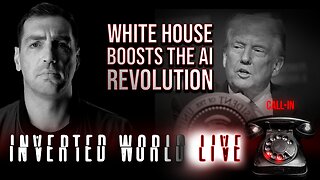 2:00:38
2:00:38
Inverted World Live
7 hours agoWhite House Boosts the AI Revolution | Ep. 79
44.7K13 -
 10:23:56
10:23:56
Dr Disrespect
16 hours ago🔴LIVE - DR DISRESPECT - 10 WINS CHALLENGE - BIG ANNOUNCEMENT AT 12PM PT
159K20